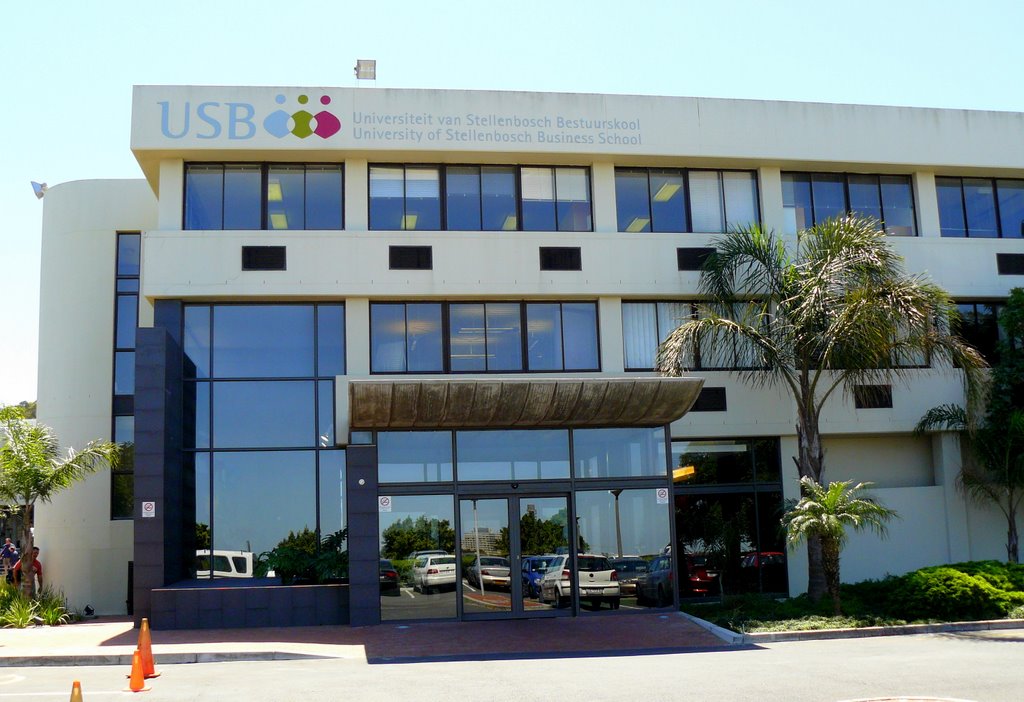INTRODUCTION
In addition to the early childhood development centres and primary and secondary schools, several major learning institutions operate in Bellville and the Greater Tygerberg area, including:
- University of the Western Cape
- University of Stellenbosch Business School
- University of Stellenbosch Faculty of Medicine & Health Sciences at Tygerberg Hospital
- Boston City Campus
- Northlink College
- Cape Peninsula University of Technology
These are in addition to the other tertiary, skills development and adult education centres, among others, that also operate in Bellville. This presents a significant opportunity for Bellville as an innovation-driven centre of academic excellence.
Students lie at the intersection of government, academia and industry in Bellville. These students form a pipeline of talent from which industry can draw to develop and deploy commercial concepts. With strategic development, future Bellville is a city that both attracts students wanting to study at leading academic institutions, and retains them as they launch careers with corporates and industry in the area. And as a culture of innovation becomes more entrenched in the fabric of Bellville’s economic landscape, students will seek to forge their own entrepreneurial path in the city.
In Bellville specifically, the three major educational institutions, Cape Peninsula University of Technology, University of the Western Cape and University of Stellenbosch, have recorded their own advancements, placing their institutions on the map of global innovations, and boosting the city’s reputation as a place for originating and advancing new ideas. Multi-cultural communities from diverse nationalities and demographics, coupled with strong educational institutions and modern technology, provides the perfect environment for these institutions and forward-thinking companies seeking to test their next generation products.
As one of its focus areas, the GTP promotes Bellville as a knowledge hub to unlock a living laboratory for businesses and academia to create, develop and test their ideas, concepts and new products on future users. The ‘living lab’ has been adopted globally as an innovative and experimental practice for contextual product development, enabling new ideas to be tested in an active, real-world, relevant, live environment.
The findings can lead to open innovation that leads to ground-breaking ideas, products and systems. But key to the system is the user-adoption built into the model. These ingredients offer a prime living lab for teams who want to test and develop their ideas in a lively, active urban environment. It’s a package that plays an important role in the success of the project.









Recent Comments